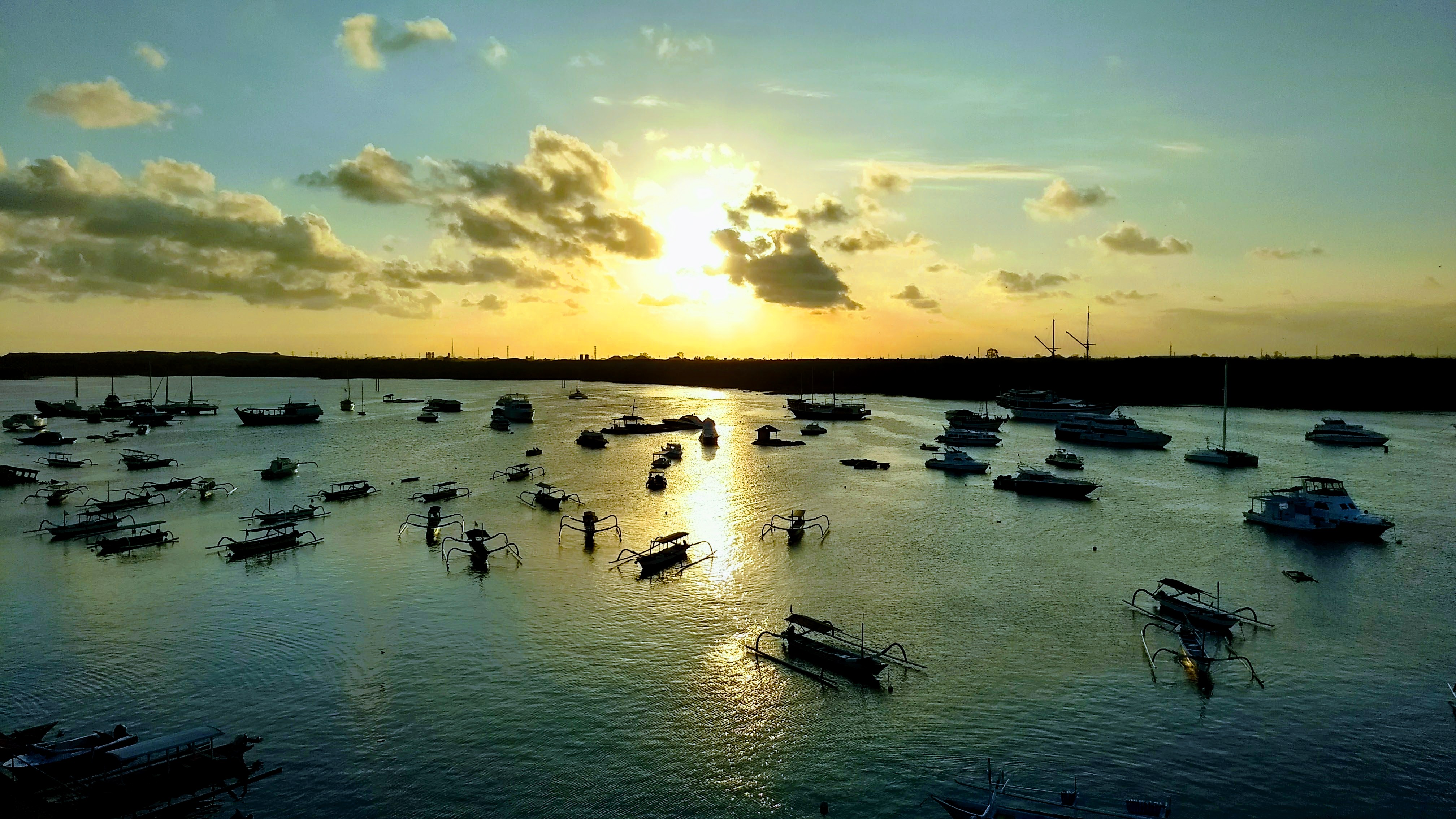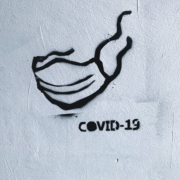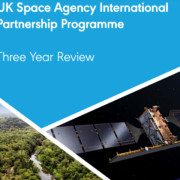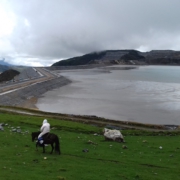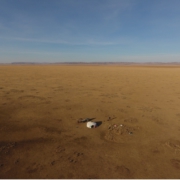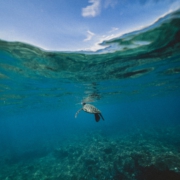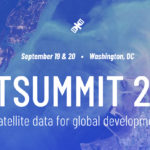UK Space Agency IPP – Inmarsat’s Satellite Technology to Promote Inclusive and Sustainable Fishing in Indonesia
The Indonesian fishing sector is a critical driver of the economy and society, supporting seven million fishers, and not only supports millions of households but is also part of a valuable global export business. However, environmentally unsustainable fishing, including illegal and unreported fishing, harms the entire value chain, as well as introducing safety and security challenges. Indonesian economic losses of up to US$20 billion a year are attributed to illegal, unreported and unregulated fishing.
This Inmarsat project, supported by UK Space Agency International Partnership Programme, is expanding the use of Vessel Monitoring Systems (VMS). VMS are systems used in commercial fishing to allow environmental and fisheries regulatory organisations to track and monitor the activities of fishing vessels. The project is designing additional services to be carried by VMS, and designing new operational protocols for policing and fisheries management, incentivising fishers to use VMS actively. Working with the Indonesian government to create the right processes to interpret and react to the data generated, will strengthen the surveillance capabilities of the Ministry, improve the policing of illegal fishing and of conservation areas, and move the industry onto a more sustainable and more profitable basis. Finally, it will provide valuable industry information on catches and sourcing.
UK Space Agency team visited Bali and Jakarta, Indonesia in August 2018. UKSA was invited to attend the four-day visit to Indonesia organised by Inmarsat. The visit presented an ideal opportunity to meet with all the project partners, to understand their contribution and interest in the project as part of the Mid Term Evaluation (MTE). UKSA’s role was to observe the MTE to see if it was conducted professionally and independently and to assess the degree to which the project is on track to achieve its outcomes and impacts towards project closure end June 2019.
Overall impression from the MTE was that the project looks very positive as some outcomes and potential impacts seem to be on the horizon with good stories of use of system in SAR (Search and Rescue) and adding value to all stakeholders. Processors and fishermen value the system and want to keep the system after the project ends – ensuring there is long term sustainability of the project’s benefits after the UKSA grant funding ends. VMS Regulation for <30GT vessels would be a key deciding factor for sustainability and seems to be welcome by many stakeholders. The equipment has proved to be highly effective in communicating critical and non-critical emergencies. The user fishers found it very useful while they are at sea to communicate with their family, fishing port, fellow fishers (including for more ice and spare parts). Even
More details on this project can be seen here: https://www.devex.com/news/sponsored/how-connectivity-in-indonesia-is-helping-fishermen-s-livelihoods-92848
